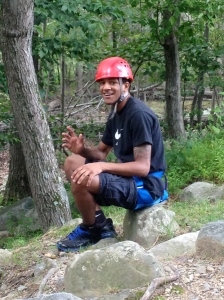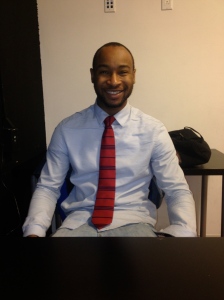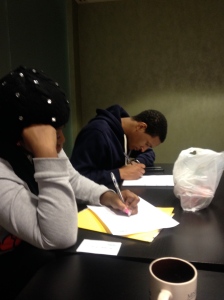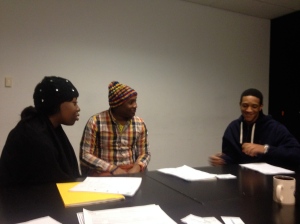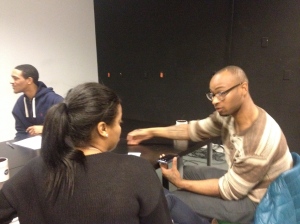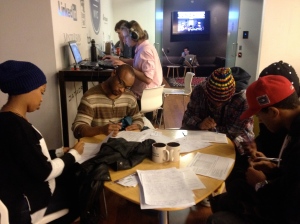Most people who work outside the field of child welfare tend to assume that my work is dispiriting. They hear the words “foster care” and immediately think “at-risk youth,” a loaded term that conjures only negative images. They imagine that I am out every day fighting the good fight, doing charitable work for the needy. The truth is I have the best job in all of New York City. I have the best job for a whole host of reasons: terrific colleagues, flexible work hours, and a varied work week that keeps me engaged, whether I am deep in research or out in meetings. But above all, I have the best job in NYC because I am surrounded by young people who are at a stage in life where they are all trying to figure out who they are, who they want to become, and where their place is in the world. It’s fascinating.
I work most closely with my emerging leaders—young people on a mission to revolutionize child welfare and other fields of human services. They are working to connect their values, strengths, and passions to embark on careers that will sustain them financially and emotionally while improving the lives of others. Watching them go through this process is inspiring. But what is most touching about my emerging leaders is they way they all throw themselves so fully into their transitions. Aristotle would surely approve of their zealous pursuit of the good life.
How many of us would and could be productive, for example, in precarious housing situations? Sure, some of us worked jobs while going to school, but how many of us also had to navigate complex bureaucracies whose stated missions seem to contradict our daily experience of them?
My window into the lives of my emerging leaders and other young adults who have transitioned from foster care offers me a profound and daily reminder of the strength and the goodness of the human spirit.

